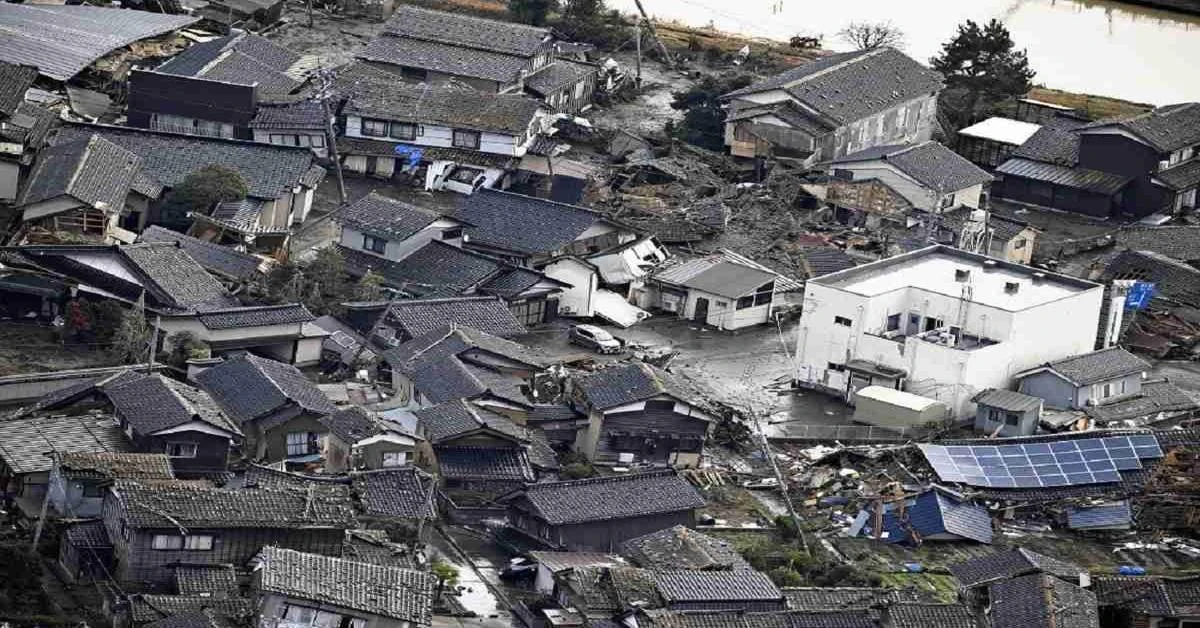Japan estimates Western earthquake damage at $17.6B

Japan faces a staggering $17.6 billion infrastructure damage bill following the Noto Peninsula earthquake
Japan’s government is currently assessing the aftermath of the magnitude 7.6 earthquake that struck the Noto Peninsula on Jan. 1. Preliminary estimates suggest that the damage to infrastructure could amount to as much as $17.6 billion.
The earthquake caused significant destruction, such as the collapse of houses, power and water supply disruptions, and substantial impacts on local tourism and supply chains in the affected areas. The hardest-hit prefectures were Ishikawa, Toyama, and Niigata, with damage spanning residential properties, non-residential buildings like factories and offices, and public infrastructure such as roads, water pipes and port facilities.
Here’s a breakdown of the estimated costs:
- Residential properties: $4.4 billion to $9.9 billion
- Non-residential buildings: $2.2 billion to $4.4 billion
- Public infrastructure: $5.5 billion to $14.3 billion
Ishikawa Prefecture faced the most significant damage, estimated at up to $9.9 billion, followed by Toyama and Niigata, with potential costs of up to $4.4 billion and $7.7 billion, respectively.
While there are some discrepancies between actual seismic intensity and estimated damage costs, it looks like recovering from this natural catastrophe will be a substantial financial challenge for Japan.
The government has announced relief measures to support the quake victims, including a $1,000 payment to eligible households and a rebuilding support fund offering up to $30,000 for wholly destroyed properties. Additionally, the government plans to boost tourism recovery in the affected regions through subsidies covering half of travel expenses.
Prime Minister Fumio Kishida has expressed concerns about the earthquake’s potential economic impact, emphasizing the need to monitor inflation, global economic uncertainties, and ongoing conflicts in the Middle East.
Source: AA



